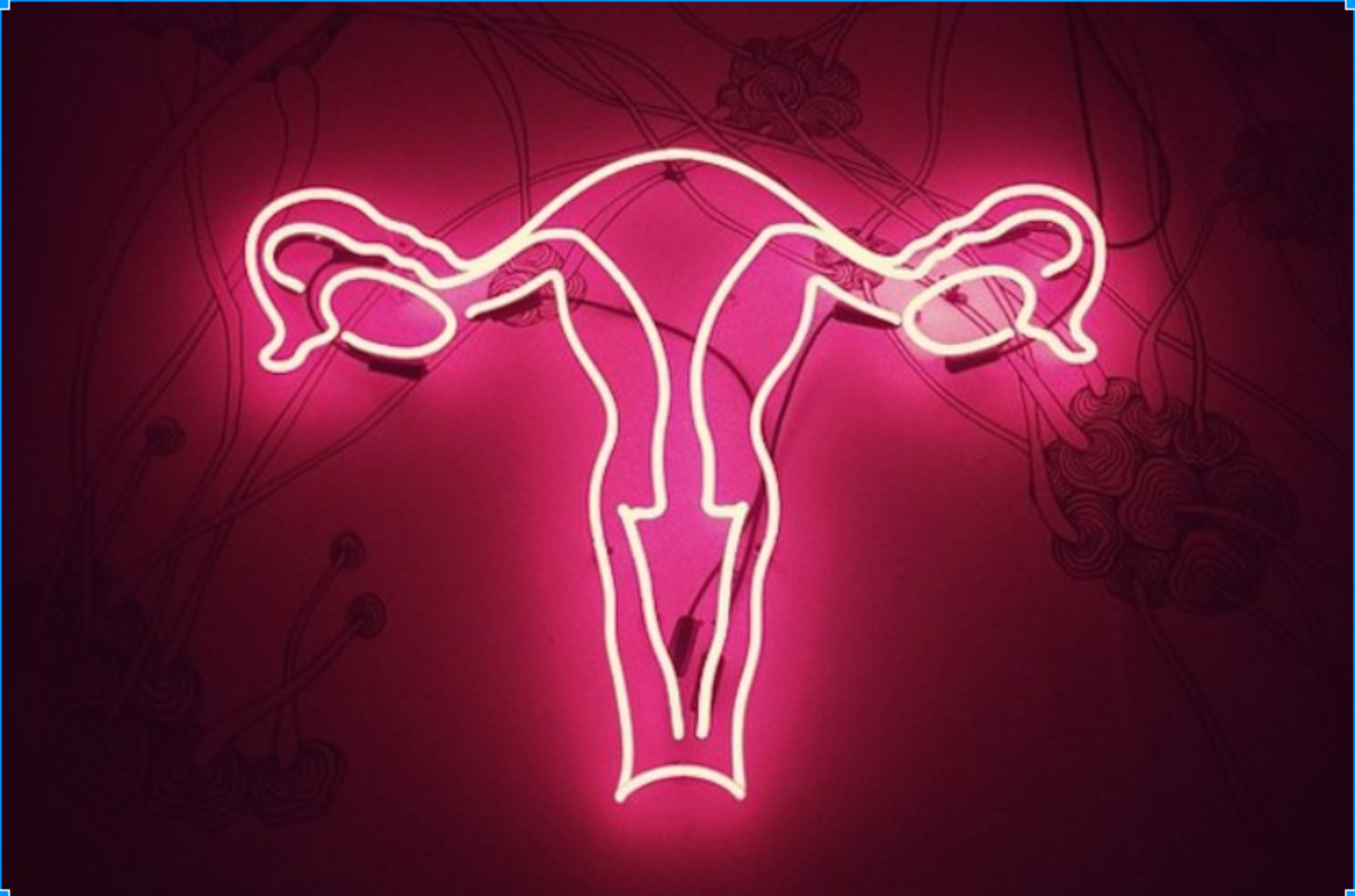For Igbo women and men, marriage can be much an economic, social, reproductive, and reputational task since it is an intimate and emotional undertaking. Indeed, the priority provided to these socially pragmatic areas of the marriage relationship resounds clearly into the narratives of this couples that are married interviewed. Married women can be in certain means complicit in allowing men’s extramarital behavior that is sexual. To be able to realize women’s place and behavior, it is important to map and give an explanation for passions they usually have in marriage that usually trump their aspirations for love and their desire a faithful spouse. Further, and maybe ironically, as love is becoming more very respected as a basis for wedding than previously, new social objectives about women’s domestic roles exacerbate the issue of handling men’s infidelity.
Numerous ladies described a dramatic improvement in their relationships making use of their partners after wedding, whether or not they certainly were ready to speak about their husbands’ infidelity. Mostly, women straight contrasted the time scale of courtship because of the longer term habits unfolding within their marriages. The perception of a comparison between courtship and marriage ended up being most pronounced for reasonably more youthful ladies, who recalled that before marriage their husbands had been more mindful and much more prepared to perform some types of items that they related to intimate love as an example, saying things that are affectionate purchasing gift ideas like precious jewelry or perfume rather than just commodities for your family, or helping down with domestic work that is socially defined as feminine. Some females attributed these modifications to your general change in power that develops at wedding.
During courtship, a female has two respected vetoes: she will reject access that is sexual she will will not marry. In comparison, as soon as a lady is hitched, the capability to choose away from either wedding or marital intercourse is significantly paid off. Divorce is highly stigmatized, and women can be likely to be intimately readily available for their husbands.
Chetachi, a 34 12 months old mom of four, had been agent of a whole lot of more youthful ladies in her account of wedding. She described significant alterations in her relationship together with her spouse because they married. In a few methods, Chetachi lamented that wedding and parenthood encroached regarding the quality of her psychological relationship along with her spouse, but in alternative methods she relished the advantages and social recognition to be a spouse and mom. Asked about the noticeable modifications she experienced between courtship and wedding, she said, “When I married my better half we utilized to worry on a regular basis about him. Ended up being he pleased? Did he nevertheless love me personally? Had been he following an other woman? Sometimes i might get extremely jealous, even though there clearly was no explanation. See pointing towards the infant on her behalf breast together with three older kids playing nearby, now i’m hitched to my kiddies.” Chetachi never freely admitted that she knew her spouse often had extramarital intercourse, but I discovered from my interviews with him which he did and therefore she knew. It had been additionally clear that, like lots of men, Chetachi’s husband viewed their household as their priority that is highest. As a result of this, he had been discreet about their infidelity. Despite admitting which he hadn’t been faithful, he also asserted, “ I would personally never ever enable such a thing to hinder caring for my spouse and kiddies.”
Chetachi and her spouse did actually have a agreement that is tacit as long as each played gender appropriate functions in increasing their loved ones in a socially respectable fashion, their wedding will be okay.
Women use a variety of techniques to cope with men’s infidelity. Although nearly all women failed to talk effortlessly about their very own husband’s infidelity in formal interviews, as time passes we had been in a position to determine eight ladies who were happy to talk more informally (without having a tape recorder and a questionnaire) about their reactions for their husbands’ extramarital affairs. Women’s efforts to handle male cheating included a selection of techniques, appeals, and punishments. Some females received regarding the notion of intimate love, reminding their husbands in a variety of means of their emotional commitments. With Christianity being very nearly universally noticed in southeastern Nigeria and numerous families being extremely observant, faith and allusions towards the Bible had been typical referents in women’s confrontations with philandering spouses. Other ladies appealed to men’s sense of product duty for his or her families. Females usually penalized their husbands once they discovered or suspected infidelity by withholding psychological and intimacy that is sexual or by neglecting cooking as well as other home work and web cam teens nude product help which are typically considered women’s duties. A few women appealed to their kin or their husbands’ kin to help persuade a man to stop an extramarital affair although seemingly less common than in the past. Nearly all women resorted to one or more of those techniques— appeals to intimate love, Christian values, a husband’s feeling of responsibility being a provider and help from kin—simultaneously or serially, but specific habits appeared to emerge, showing the varying impact of intimate love in contemporary Igbo marriages.
